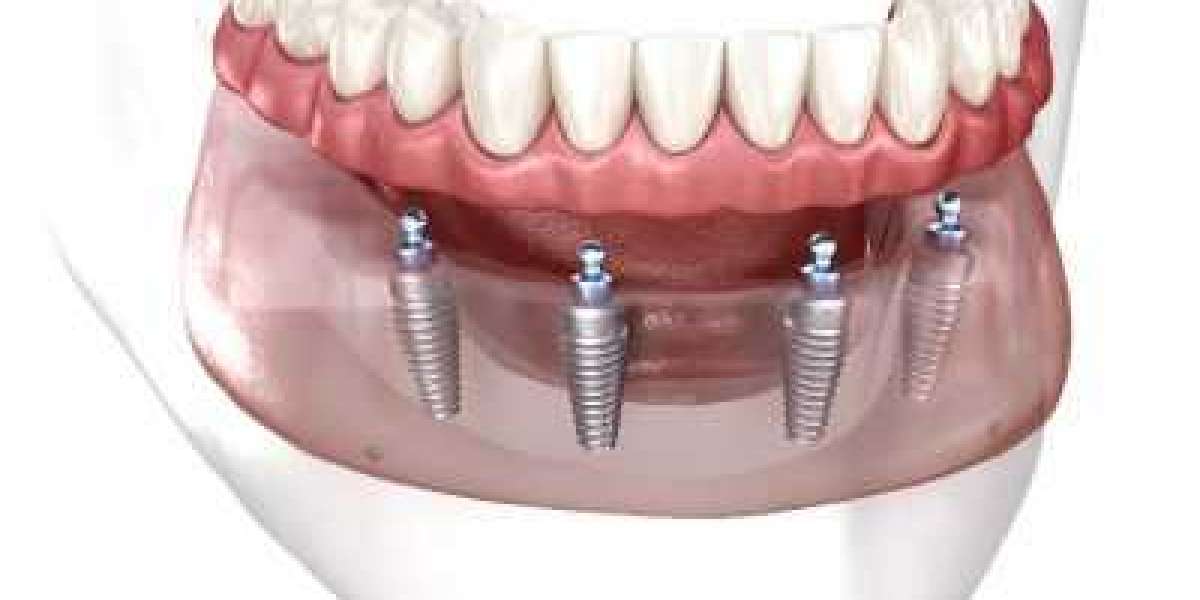Smoking is a harmful habit that affects nearly every part of the body, and your oral health is no exception. Many people are aware of the risks smoking poses to the lungs and heart, but it can also cause severe damage to your teeth, gums, and overall dental care. If you smoke, it's important to understand how smoking affects your oral health so that you can take steps to prevent further damage and maintain a healthy smile.
How Smoking Affects Your Teeth and Gums
Smoking has a direct impact on your dental health. The chemicals in cigarettes can harm the gums and teeth in several ways. One of the most noticeable effects of smoking is the yellowing of teeth. Nicotine and tar, two main substances in tobacco, leave stains on the teeth that can be difficult to remove, even with regular brushing. Over time, these stains build up and can become more permanent.
Moreover, smoking can cause gum disease, also known as periodontal disease. The toxins in cigarette smoke reduce blood flow to the gums, which weakens their ability to fight off infections. As a result, smokers are at a higher risk for gum disease, which can lead to inflammation, bleeding, and even tooth loss if left untreated.
Key Effects on Teeth and Gums:
- Discoloration: Smoking stains teeth, causing them to yellow or brown.
- Gum Disease: Smoking weakens gum tissue, leading to a higher risk of infections.
- Bad Breath: Smokers often have persistent bad breath, also known as "smoker’s breath."
- Tooth Loss: Smoking increases the likelihood of tooth loss due to gum disease.
Increased Risk of Oral Cancer
One of the most serious risks of smoking is its link to oral cancer. Smoking is a major cause of cancers of the mouth, throat, and lips. The tobacco smoke contains carcinogens that can damage the cells in your mouth, leading to the development of cancer over time. Smokers are six times more likely to develop oral cancer compared to non-smokers. In fact, smoking is responsible for nearly 90% of all oral cancers. This concern has led some individuals, including those traveling for Turkey Dental Tourism, to prioritize quitting smoking to improve their oral health and reduce the risk of such diseases.
Regular dental check-ups are essential for smokers, as dentists are trained to spot the early signs of oral cancer, such as unusual growths or sores that don't heal. The earlier oral cancer is detected, the better the chances of successful treatment.

Increased Risk of Oral Cancer:
- Higher Risk: Smokers are much more likely to develop oral cancers than non-smokers.
- Carcinogens: The chemicals in tobacco smoke can directly damage cells in the mouth, leading to cancer.
- Signs to Watch For: Regular dental visits are important for early detection of cancerous growths or sores.
Smoking and Tooth Sensitivity
Tooth sensitivity is another common issue faced by smokers. Smoking reduces the flow of saliva in the mouth, which is necessary for keeping the mouth moist and neutralizing acids that can damage the teeth. Without enough saliva, your teeth become more vulnerable to decay, sensitivity, and cavities. Over time, this can lead to pain or discomfort when eating hot, cold, or sweet foods.
Additionally, smokers are more prone to plaque buildup and tartar formation. The tar and chemicals in tobacco create a sticky layer on the teeth that attracts bacteria, leading to plaque. This plaque can harden into tartar, which can only be removed by a dentist or hygienist during a cleaning. The combination of plaque and tartar increases the risk of tooth decay, cavities, and gum disease.
Tooth Sensitivity and Decay:
- Reduced Saliva Production: Smoking decreases saliva, leading to increased sensitivity and tooth decay.
- Plaque and Tartar Buildup: Smoking leads to more plaque, which can result in tartar and cavities.
- Increased Sensitivity: Smokers may experience tooth pain or sensitivity when eating certain foods.
How Smoking Affects Your Dental Treatment
For those who have already received dental treatment or are considering treatment, smoking can interfere with the healing process. Whether you have had a dental implant, tooth extraction, or gum surgery, smoking can delay the healing of your gums and bone tissue. Nicotine constricts blood vessels, reducing the flow of oxygen and nutrients to the healing tissues, which can lead to complications and longer recovery times.
Smokers are also more likely to experience implant failure. The chemicals in tobacco can reduce the bone's ability to integrate with dental implants, which may cause the implants to fail. If you're considering a dental procedure, it's important to inform your dentist about your smoking habits so they can help you understand the risks and make an informed decision.
Dental Treatment Risks for Smokers:
- Slower Healing: Smoking delays recovery time after dental procedures like extractions or gum surgery.
- Implant Failure: Smokers are at a higher risk of dental implant failure due to reduced bone healing.
- Increased Complications: Smoking increases the likelihood of complications following dental procedures.
Tips for Maintaining Oral Health While Smoking
While the best option for your dental care is to quit smoking, there are steps you can take to minimize the impact of smoking on your oral health. Here are a few tips to help maintain your dental care:
- Brush and Floss Regularly: Brush your teeth at least twice a day with fluoride toothpaste and floss daily to remove plaque and prevent gum disease.
- Use Mouthwash: Mouthwash can help kill bacteria, freshen your breath, and reduce the risk of gum disease.
- Visit Your Dentist Regularly: Smokers should visit their dentist every six months for cleanings and check-ups to catch any issues early, including oral cancer.
- Quit Smoking: The best way to protect your oral health is to quit smoking altogether. Many resources are available to help you stop.
Oral Health Tips for Smokers:
- Brush and Floss: Practice good oral hygiene by brushing and flossing daily.
- Regular Check-ups: Visit your dentist regularly for professional cleanings and exams.
- Quit Smoking: The most effective way to protect your oral health is to quit smoking.
Conclusion
Smoking has a severe and wide-ranging impact on your dental care and overall oral health. From staining your teeth to increasing the risk of gum disease and oral cancer, the effects are far-reaching. If you smoke, it’s essential to take steps to care for your teeth and gums. This includes brushing and flossing regularly, visiting your dentist for check-ups, and considering quitting smoking for the sake of your oral health. By staying proactive and working with your dentist, you can help protect your smile and reduce the negative effects of smoking on your dental care.




